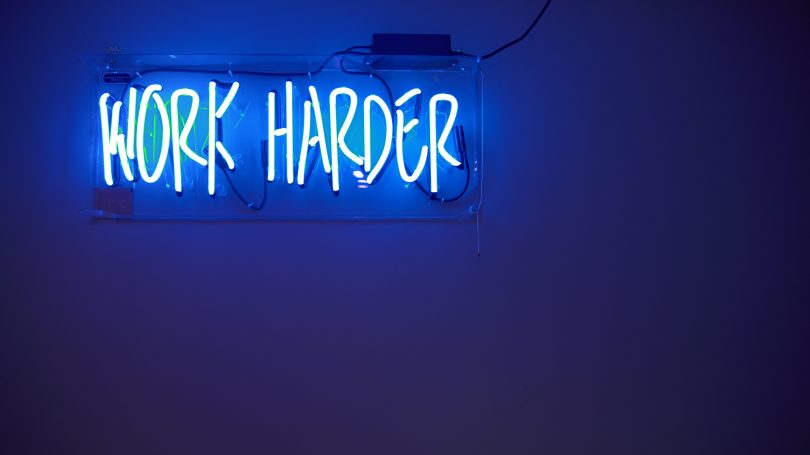We all procrastinate. Frittering away time giggling at a meme, when we have proposal to write is part of the office routine. What harm can a little distraction do? Well, according to new research from rebootonline.com, a little innocent procrastination is actually taking up more time than companies thought. And it’s proving to be a costly habit.
Procrastination vs Productivity
A survey of 865 office workers, revealed that on average, Brits are spending 122 minutes a day procrastinating. That’s a lot of time time daydreaming and updating your Facebook status. Essentially, what it means is that Brits are only working 73% of the hours they are employed to do.
Though companies may be aware that productivity slows down during the course of the working day, these figures on procrastination now have a clear financial cost to businesses.
Time is money
Though the average office worker’s mind might wander, time keeps ticking along. And the old saying ‘Time is Money’ never rang more true. The study shows the annual income for office workers surveyed averaged at £32,782. Taking this into account, workers spend 27% of their time not doing what they are paid to do. This wasted time adds up to £8,851.14 being paid out per employee. Companies are effectively paying staff to waste time online.
Online distractions
The most popular form procrastination is obviously social media and the internet, with 38% of employees whiling away the minutes on social media. Brits are also spending around 33 minutes daily surfing websites. One second you’re researching a company, the next you’re watching a man being hit in the crotch with a football onYoutube. But those little distractions all add up.
Results highlighted that on average office workers are spending 37 minutes on social media daily. This works out to a total of 3 hours and 5 minutes of the working week. At face value it may not seem like a lot, but by the end of the month, those numbers all add up.
Companies take action
Some companies have taken the initiative and decided to ban the use of social media in the workplace. But this approach isn’t as effective as they might think. The Pew Research Center discovered a substantial 77% of employers ignored this unwritten rule, turning a blind eye to online antics.
A more successful approach has been to introduce a social media break, giving employees the chance to freely tweet and ‘gram. 64% of employees agreed allowing social media breaks increased employee productivity. But then again, they would say that.
Too many breaks
It isn’t just social media and the internet that seem to be providing employees with a distraction. Apparently staff find ways to waste time by going to the toilet, having a friendly chat or getting a coffee, with 62% admitting they carried out these rituals out of boredom rather than necessity.
Trying to get through the day without chat, coffee or toilet break would be borderline inhumane. And no company is going to force its staff to hold it until they’re desperate. But 27 minutes each day on coffee and toilet breaks, 25 minutes chatting to colleagues and an hour for lunch on top of that is a little more than generous.
How employers will use the research to improve productivity beyond social media bans is yet to be seen. But it might be worth holding off on that fourth cup of coffee.









